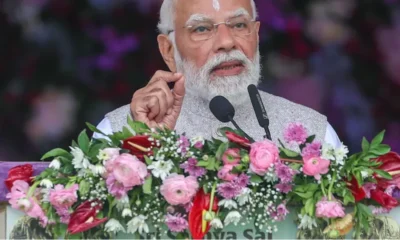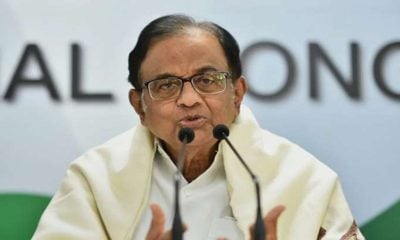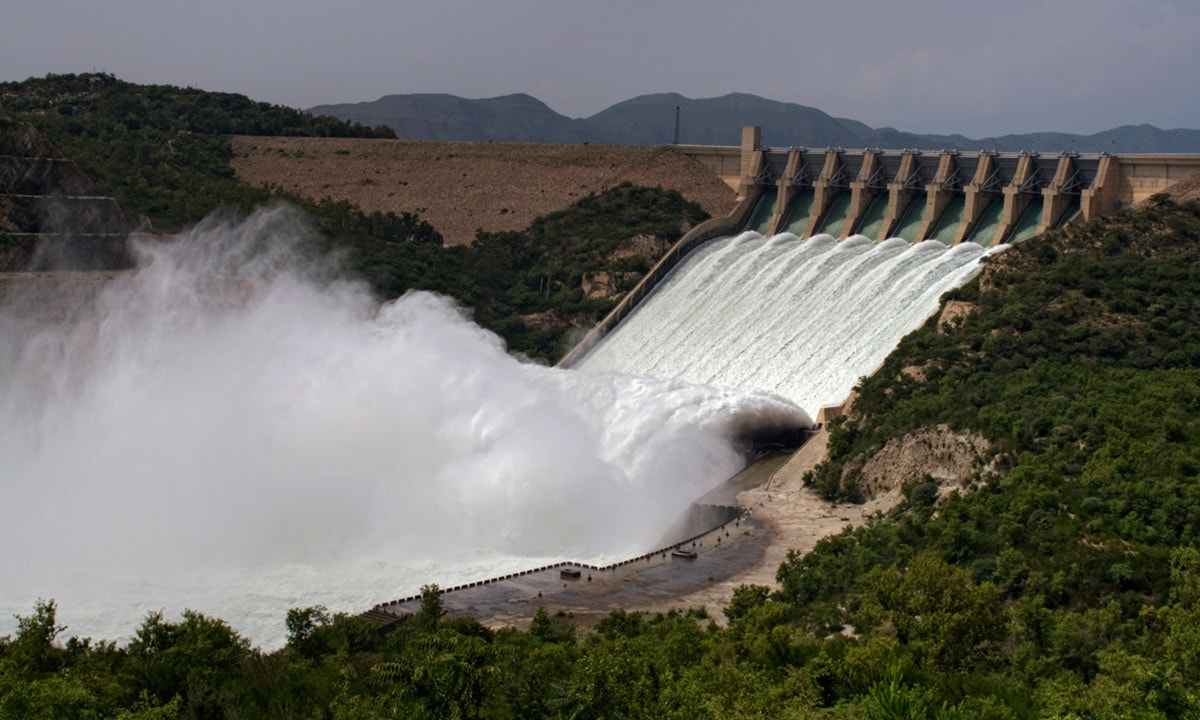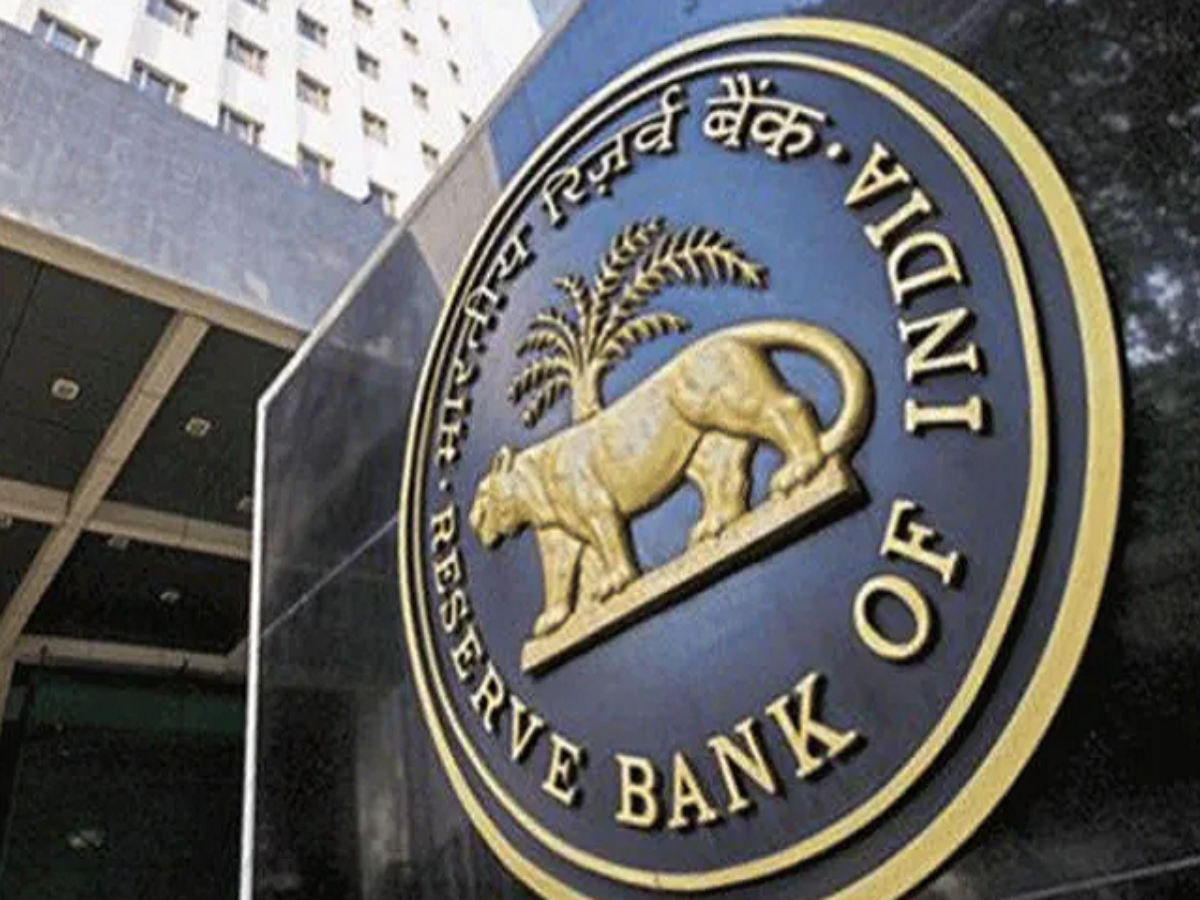The rupee crashed to an all-time low of 69.0925 against the US dollar on Thursday, June 28 morning, past its previous record of 68.8650 reached in November 2016.
The rupee later recovered partially to 68.91 at around 11 am against the US dollar on suspected Reserve Bank intervention, said media reports. Some analysts who foresaw little scope of a turnaround soon said the rupee may cross 70 per dollar and touch 72 by year-end.
The fall came as rising crude oil prices triggered worries about the further rise in the current account deficit and inflation, reported The Indian Express.
The rupee also came under additional pressure from huge capital outflows of around Rs 60,000 crore from the capital market since April 1 this year, the IE report said.
Foreign investors pulling out funds from India and crude oil prices moving upwards have led to the Indian currency losing around eight per cent this year, said the report.
World’s third biggest oil consumer, India relies on imports to meet about two-thirds of its fuel needs, making it one of the most sensitive in the region to advances in oil prices.
“Given India’s current-account deficit, there is a need to fund it, but we are on track for a fifth consecutive month of bond outflows and the equity market has also been experiencing outflows,” said Khoon Goh, head of Asia research at Australia & New Zealand Banking Group Ltd. in Singapore, reported IE. Without a turnaround, the rupee may weaken past 70 per dollar, he said.
Overseas investors have reduced holdings of rupee-denominated government and corporate bonds by $6.1 billion, and pulled $785 million from equities since the beginning of 2018. The withdrawals have made the rupee the worst-performing currency in Asia, spurring analysts to put out bearish forecasts.
Barclays Plc now predicts the currency at 72 by year-end, while DBS Bank Ltd. sees 71 to a dollar by June 2019, said the IE report.
“Rising crude prices are a drag on the Indian economy and fuel inflation concerns, as it’s a major driver of our current account deficit. India imports around 80 per cent of its crude oil requirements and higher crude oil prices risks widening India’s current account deficit, adding inflation risks,” said IE, quoting an analyst with Religare Broking.
India’s assets are caught in a vicious downward spiral, where capital outflows hurt the currency, further deterring investments. Concerns about the government’s debt sales and the impact of rising crude prices have on inflation have led to a bond selloff at time when investors are also pulling out of emerging markets because of higher Treasury yields.
Oil prices rose to their highest level since November 2014 on Wednesday after a bigger-than-expected drop in US crude stockpiles added to a rally fueled by a major Canadian supply outage, concerns about Libya’s exports and stepped-up efforts by the Trump administration to disrupt Iran’s petroleum exports by pressure on its allies to halt purchases of Iranian supplies.
Analysts said persistent weakness in the Chinese yuan also dragged down emerging market currencies, including the Indian rupee, amid escalating trade tensions. There is “risk off” environment as investors are waiting to see the next development in the trade tussle involving the US and China. “The domestic currency is leading the decline in the region and is not far from its record-low,” Religare said.
According to analysts, capital outflows of around Rs 19,500 crore from the equity market and over Rs 40,000 crore from the debt market since April this year have put severe pressure on the rupee.
The rupee fall is expected to make imports – especially oil — costlier and exports more remunerative. Tech companies are expected to reap a windfall from the rupee depreciation.
India’s foreign-currency reserves have fallen in eight of the nine weeks to June 15, suggesting the central bank has been intervening to stem the pace of the currency’s decline. State-owned banks are probably selling dollars and buying rupees on behalf of the central bank, two traders from local lenders said Thursday, citing price action.
The RBI also raised its key rate earlier this month, joining other emerging economies like Indonesia and Philippines, who have tightened to defend their currency.
Earlier this month, on June 6, the RBI had increased the key policy rate – Repo rate – by 25 basis points to 6.25 per cent for the first time in four years. Headline inflation has been sharper than anticipated, and has remained above the 4 per cent target for six consecutive months, the RBI had said. A week later, on June 13, the US Federal Reserve had raised its policy rate by 25 basis points.
The sentiment in the forex market is expected to remain jittery ahead of the (US government) report on Chinese investments due Friday, and the July 6 deadline for tariff imposition.


 India News21 hours ago
India News21 hours ago
 Cricket news21 hours ago
Cricket news21 hours ago
 India News21 hours ago
India News21 hours ago
 India News21 hours ago
India News21 hours ago
 India News21 hours ago
India News21 hours ago
 India News13 hours ago
India News13 hours ago
 Latest world news12 hours ago
Latest world news12 hours ago














